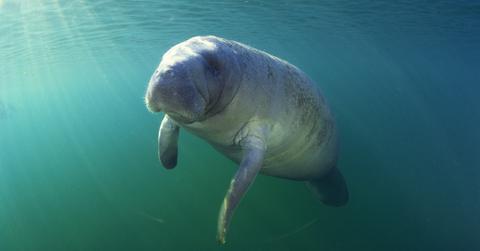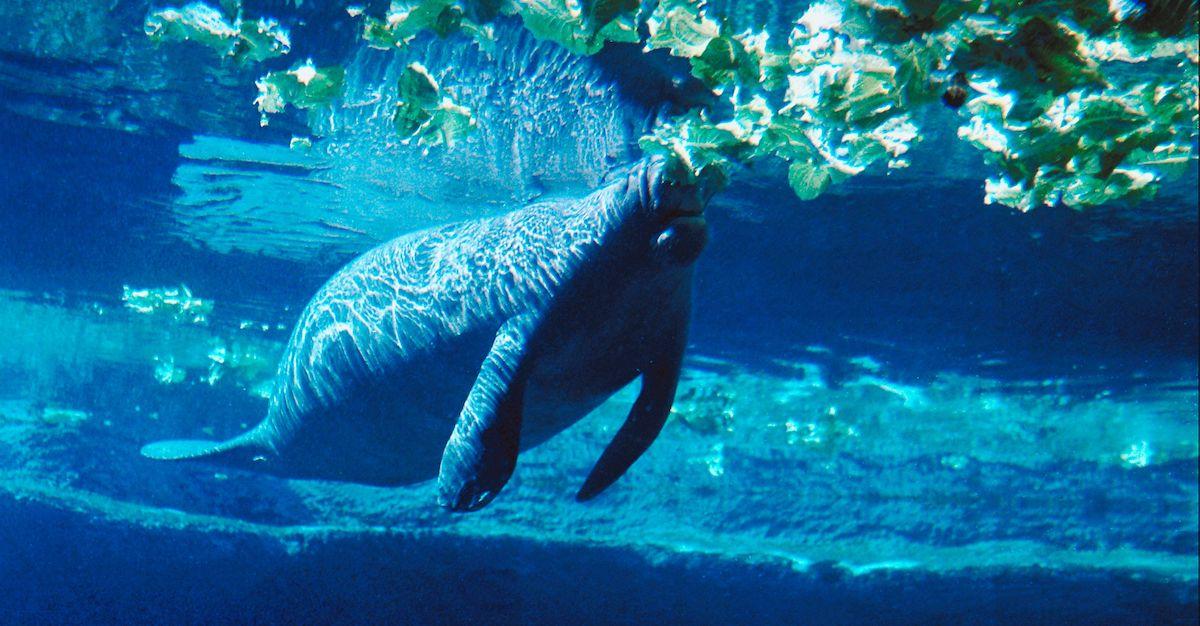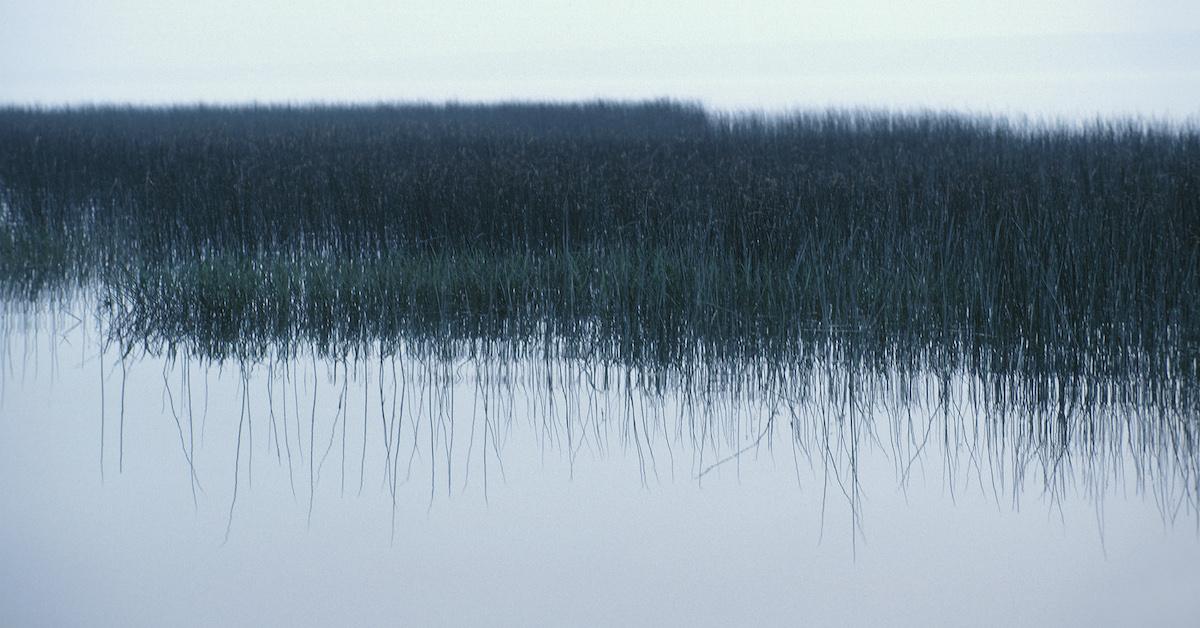Florida Algal Blooms Have Killed Over 700 Manatees In 2021
Published June 1 2021, 10:58 a.m. ET

Dog parents are painfully aware of a natural phenomena called algal blooms. In certain areas, extremely toxic types of algae tend to bloom and thrive in slow-moving bodies of water, which can make animals that drink the water, or even wade into it, very sick. But pets aren't the only animals affected — in Florida, over 700 manatees have died this year alone, as a result of toxic algal blooms in local waterways killing off their main source of food. But what causes these blooms?
"Manatees are literally that sentinel species," Patrick Rose, the executive director of nonprofit Save the Manatee Club told CNN. "They're warning us of what else is going to come if we don't do a better job while there's still time to do something about it. If we don't, our own lives will suffer."

What's happening to Florida's manatee populations?
Florida's Fish and Wildlife Conservation Commission (FWC) has reported a total of 749 manatee deaths since the start of 2021, which is over 100 more than the 637 that died in 2020, according to The Guardian. Conservationists are looking at poisonous blue-green algal blooms in Florida as the main culprit, which are blocking off sunlight and killing off the manatee's main source of food: seagrass. As a result, many of these manatees have unfortunately died from starvation.
“The vast majority of the once 80,000 acres of seagrass within the Indian River Lagoon have been lost to a continuing series of harmful algal blooms, which have themselves been caused by decades of human nutrient pollution from wastewater and runoff that continues unabated to this day,” said former Florida governor and Save the Manatee founder Bob Graham, as per The Guardian. Graham also blames the FWS for prematurely changing the manatee's status from "endangered" to "threatened" in 2019.
In addition to algal blooms, Florida manatees are also largely threatened by pollution. In Manatee County, Fl., Piney Point Reservoir started dumping wastewater into the surrounding waterways. A decline in the manatee population could result in a decline of the shark population, as sharks predominantly rely on manatees as their main source of food. Therefore, this result in a biodiversity catastrophe.

What causes algal blooms?
Wondering why you've been hearing more and more about algal blooms in recent years? The devastating phenomena is largely caused by — you guessed it — climate change. According to the EPA, toxic blue-green algae thrives in warmer water, and higher temperatures and more sunlight cause it to grow in much thicker and faster. Droughts also make freshwater saltier, which causes marine algae to flow into and invade freshwater environments.
Higher carbon dioxide levels also help algae survive. Changes in rainfall can also cause runoff, which feed algal blooms, while rising sea levels create more shallow and slow-moving coastal water. Coastal upwelling, which is when wind pushes deep water closer to the coast and vice versa, also brings nutrients from the bottom of the ocean to the surface, which may further exacerbate algal blooms. And pollution — like the type emitted from Piney Point — can also cause an influx of algal blooms.
If Florida's manatee population continues to decline at the current pace, it could surpass the record of manatee deaths in 2018, which was 804. If it gets to that point, the results could be irrevocable.